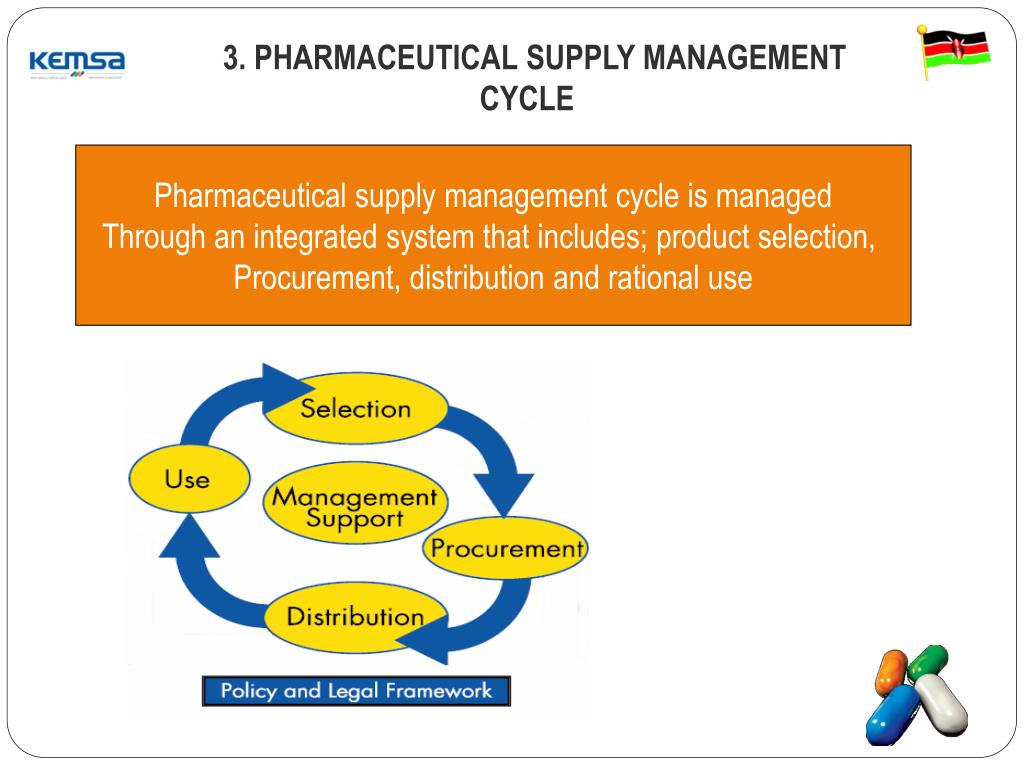

In many ways, the Commerce Committee hearing was a microcosm of the greater problem with the U.S. That day, the hearing traversed from industrial equipment manufacturing to jetliner fuel to semiconductors and back-taking several detours to discuss drone security, climate change and workforce challenges along the way. The July hearing demonstrated this all too well: The subject area was incredibly broad, expert witnesses were packed seven to a panel, good ideas were dropped with no follow-up, and everyone’s pet issues were shoehorned into the discussion. Unfortunately, this sense of vague agreement appears difficult to translate into tangible progress-partly for partisan reasons partly because the issue is broad, complex and often requires specialized knowledge and partly because no one seems to be on the same page about describing the problem.

government to work efficiently across its own departments and with the private sector to better protect the systems, processes and networks that undergird virtually every aspect of people’s daily lives. Both sides of the aisle made it clear that they understand the importance of finding ways for the U.S. Thankfully, the need to prioritize supply chain security is an area of all too rare bipartisan agreement. On July 15, the Senate Committee on Commerce, Science, and Transportation held a hearing to discuss how to bolster the security and resiliency of America’s critical supply chains.


 0 kommentar(er)
0 kommentar(er)
